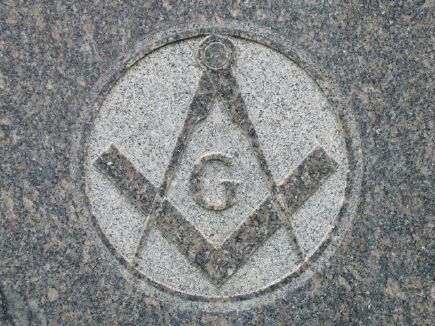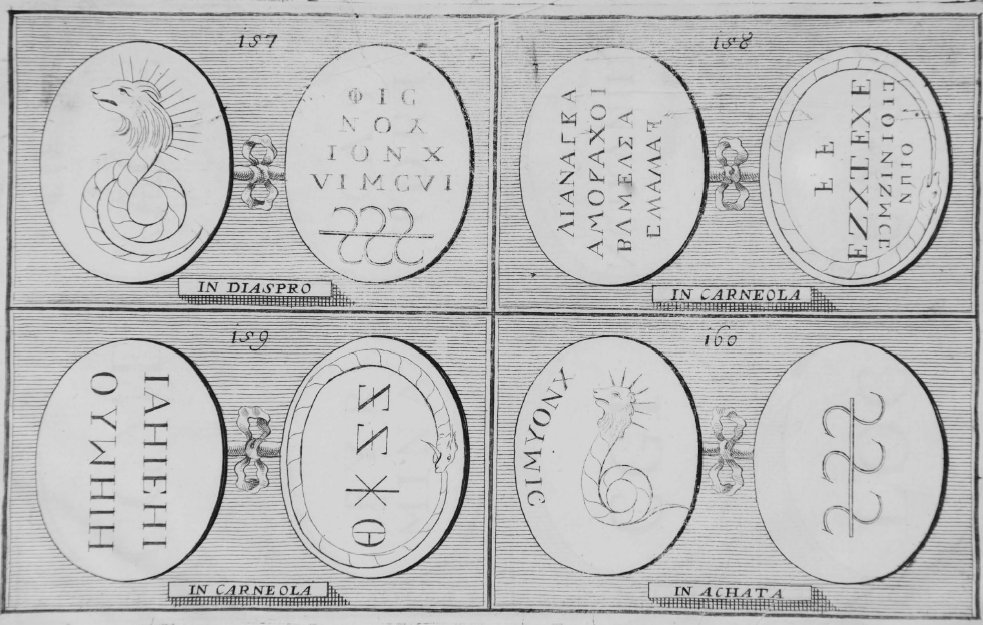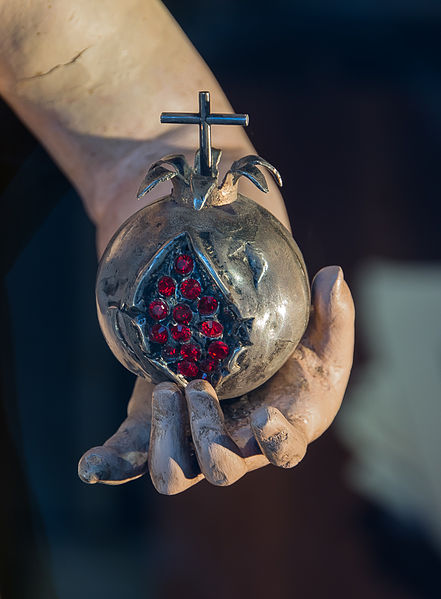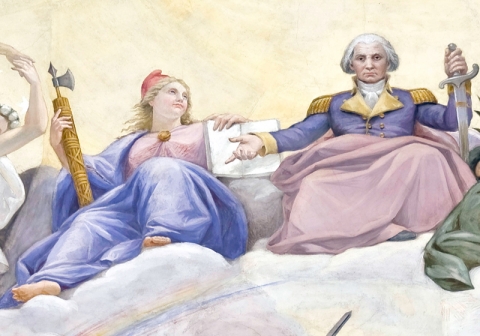by Moe | Sep 18, 2015 | Freemasonry, History of the Brotherhood, Mystical Christianity
 “Benedict crossed the ocean and passed into Gaul, when he made inquiry for masons who could build him a church of stone after the Roman style, which he always loved.” – Saint Bede, Doctor of the Catholic Church and Father of English History
“Benedict crossed the ocean and passed into Gaul, when he made inquiry for masons who could build him a church of stone after the Roman style, which he always loved.” – Saint Bede, Doctor of the Catholic Church and Father of English History
In my search for the beginning origins of freemasonry, my path has led me to a most mysterious and almost forgotten medieval time that seems to be lost in history. It was an era with very little brotherly unity, when various peoples such as the Saxons, Picts, Angles, and other pagan tribes, along with the Celtic Druid Priesthood had held sway in much of what we know today as England, Ireland, Scotland, and France in the 6th, 7th, 8th, and 9th centuries.
This was also the pivotal period in the past when some of these kingdoms, tribes, and members of this same Druid priesthood would make an alliance with the Roman Church to create a new unified Brotherhood called the “Universal Church (Catholic).” This would be the same exact time in history where you will find stone masons (freemasons) that were specifically hired by this new Christian Brotherhood to perform a mass building campaign for the Universal Church across the world. (more…)
by Moe | Sep 7, 2015 | Demons, Meaning of Symbols
Chnoubis is the the Gnostic Agathodaimon (good demon) who is often portrayed in medical amulets and coins as a lion- headed and or man-headed serpent, with two legs, a crown of seven or twelve rays and the tail of a serpent. This demon had always been considered as good and is known to be the driver away of bad demons, and the destroyer of demons.
headed and or man-headed serpent, with two legs, a crown of seven or twelve rays and the tail of a serpent. This demon had always been considered as good and is known to be the driver away of bad demons, and the destroyer of demons.
As I had mentioned in many of my previous articles on demons, the ancient Phoenicians, Greeks and Greco-Egyptians did not consider demons to be all evil and or bad. They had led the belief that there were both good and bad demons who were considered wise and all knowing. Demons who had the power to do good or bad dependent on their free will.
You will also find this demon’s name spelled in various different ways throughout history such as Ξνούβις Khnoubis, Khnoumis Kanobis, Knoubis, Ammon-Chnubis and Ammon-Chnoumis to name a few.
Let me also add that Chnoubis is not really a serpent, but a worm. (more…)
by Moe | Sep 6, 2015 | History of the Brotherhood
From the Hebrews, who used it mystically at the Temple, it passed over to the Freemasons, who adopted it as the symbol of  plenty, for which it is well adapted by its swelling and seed-abounding fruit. – Albert Mackey
plenty, for which it is well adapted by its swelling and seed-abounding fruit. – Albert Mackey
In the history of our world’s religions, and buried deep within the lights of the Brotherhood are the Gnostic mysteries of the sacred pomegranate. It is said by some to be one of the most holy secrets known to all Abrahamic religions, and secret societies which are based on the oldest of holy sciences known as Gnosis.
This is why we can find the red pomegranate as a symbol of fertility, abundance and the seeds of the holy blood line for the Jews, and both Greek Orthodox, and Roman Catholic Christianity. According to Christian tradition, the pomegranate is a symbol of Mary as Mother of the Church. In Spain, the pomegranate flourished and came to be regarded as the symbol of the Golden Age in Granada.
The pomegranate held by Jesus, (pictured to the right in Granada, Spain) symbolizes the victory of the Catholic Monarchy. When the Spanish Monarchy had conquered the Americas and Mexico in 1521, the Jesuit Brotherhood began their missionary work among the Indians, and with them they brought the fruit of the pomegranate.
The Ancient Egyptians regarded the pomegranate as a symbol of prosperity and ambition. According to the Ebers Papyrus, one of the oldest medical writings from around 1500 BC, Egyptians used the pomegranate for treatment of tapeworm and other infections.
In Ancient Greek mythology, the pomegranate was mentioned many times in early Grecian history before the founding of Rome. It was was known as the “fruit of the dead”, and believed to have sprung from the blood of Adonis, and were offered to the Goddess Demeter.
Homer mentions the pomegranate twice in the Odyssey as a fruit common to the gardens of Phoenicia (Crete) and Phrygia. Herodotus, the Greek historian, states that when the Persians under Xerxes invaded Greece there was a regiment or battalion known as the “Pomegranate Brigade.” These soldiers constituted Xerxes’ own bodyguard, and carried spears with golden pomegranates at the lower end instead of spikes.(The Pomegranate by Robert Willard Hodgson) (more…)
by Moe | Sep 2, 2015 | History of the Brotherhood
In ancient silk mythology, it has been written that the invention of silk had come from an ancient Kohen (Cohen, Koan or  Coan) woman from the island of Kos (Cos, Coos, Zia or Dia) called Pamphila, who was the daughter of Plateus. She had invented the means of producing and weaving the local silk, which at the time became one of the great luxuries lasting many centuries.
Coan) woman from the island of Kos (Cos, Coos, Zia or Dia) called Pamphila, who was the daughter of Plateus. She had invented the means of producing and weaving the local silk, which at the time became one of the great luxuries lasting many centuries.
It was also said in ancient folk-lore, that Kohen silk was so much esteemed by prostitutes, to the extent that a prostitute was simply called a Kohen. A tale that was most likely told by their foes or competitors such as the 1st century Roman philosopher, Nigrinus who had mocked the Greeks and Athenian athletes purple garments that he had likened to prostitutes. A common tactic amongst philosophers from competing empires who were jealous of, or had attempted to discredit the power and wealth of their foes who had derived it from the bright, deep, red dying of silk called “royal purple.” (more…)
by Moe | Aug 26, 2015 | Freemasonry, Meaning of Words
The English word free is derived from the Old English freo “free, exempt from, not in bondage,” also “noble; joyful,” from Proto- Germanic *frijaz (cognates: Old Frisian fri, Old Saxon and Old High German vri, German frei, Dutch vrij, Gothic freis “free.” All these languages derive their meaning from the Greek word “phry” which has the same meaning.
Germanic *frijaz (cognates: Old Frisian fri, Old Saxon and Old High German vri, German frei, Dutch vrij, Gothic freis “free.” All these languages derive their meaning from the Greek word “phry” which has the same meaning.
In the history of the brotherhood of the East and West over the last 2,000-3,000 years, not every nation or people were considered free or free-men. Some of the first recorded people to have been specifically called free were known by the Greek word ‘Phrygians,’ Фр£ог meaning ‘free men’. The Phrygians came from a country that in mythology and history books was called Phrygia, and today is known as the Mediterranean island of Crete. (more…)
 “Benedict crossed the ocean and passed into Gaul, when he made inquiry for masons who could build him a church of stone after the Roman style, which he always loved.” – Saint Bede, Doctor of the Catholic Church and Father of English History
“Benedict crossed the ocean and passed into Gaul, when he made inquiry for masons who could build him a church of stone after the Roman style, which he always loved.” – Saint Bede, Doctor of the Catholic Church and Father of English History



